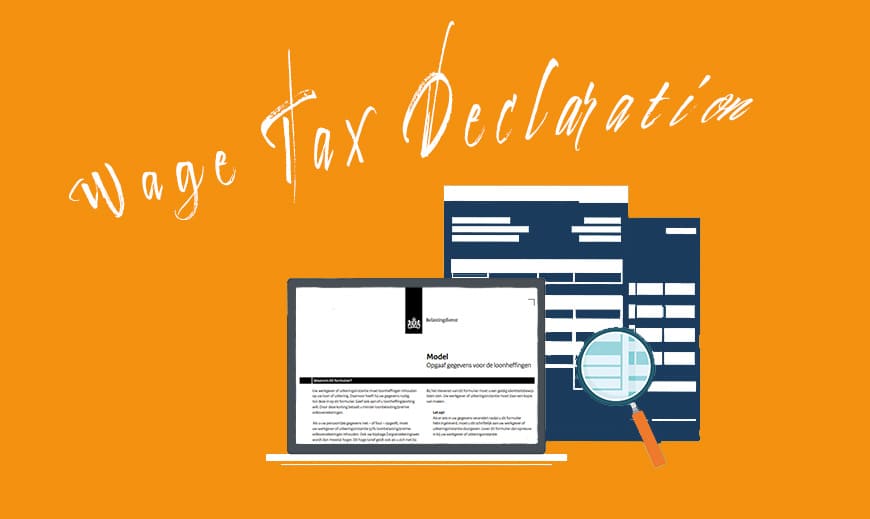Do you or your employee work in several countries? Then you may be able to take advantage of the low (progressive) rates in different countries: the rate step-up. This salary split (also known as split payroll) can amount to savings of up to thousands of euros per year.
What is a salary split?
If an employee works in several countries, the wages earned may have to be taxed in the other country according to the rules applicable there. Because the other country applies a tax-free allowance and a progressive rate in most cases, the employee working internationally may benefit from this.
An employee’s net income can go up without increasing the wage costs for the employer.
A salary split is customised
Each salary split is customised and depends on any tax treaty between the countries.
Does a tax treaty between the countries apply?
Then the country of residence may levy tax on the employee’s earned income.
The exceptions whereby the country of work may levy tax on (part of) the earned income are:
- an employer established in the country of work, or:
- the employee works for a permanent establishment that their employer has in the country, or:
- when the employee stays there for more than 183 days in a year. This year can be a tax year, a calendar year or a 12-month period, depending on what is specified in the tax treaty.
The OESO model treaty often applies, but it can sometimes be strongly deviated from. Each salary split for an employee working internationally must be individually assessed based on the applicable treaties.
Does no tax treaty apply?
If so, the Dutch employer may not stop withholding and remitting tax on the employee’s wages unless it can be proven that the wages earned abroad are subject to a foreign tax. An example of proof of this is a confirmation from the foreign tax authority.
Splitting taxable income between countries
By splitting income for tax purposes (this can also be done contractually) between different countries, each part will be taxed separately. If the employee working internationally is fully taxed in their home country, a higher tax bracket often applies. By splitting income for tax purposes, this often results in more favourable tax rates.
Example of a salary split:
A Dutch resident has a contract with an international group at a branch in the Netherlands. 2 days a week, he works at a branch in Belgium of the same international group. The salary split can be applied.
His annual salary is €100,000.00. The Dutch branch passes on 40% of the salary costs to the Belgian branch.
In the Netherlands, tax is levied on the annual salary. This amounts to around €40,000. The employee receives an exemption for the salary subject to Belgian taxes. This exemption is granted at the average rate and amounts to €16,000 (40/100 * €40,000).
In Belgium, there is a tax-free base and a progressive rate. This means that €9,000 in tax is withheld on the amount of €40,000. The difference between the exemption and the tax withheld in Belgium is €7,000 (net benefit for the employee).
Nb. These amounts are indicative and may be different in reality.
Additional consequences
Besides a division of taxation, the salary split can also have implications in terms of social security, labour law and pension accrual.
What does this mean for us/me?
Salure’s specialists will be happy to calculate for you what might be the best/most beneficial option in your case. Leave your phone number here. We will call you back!















